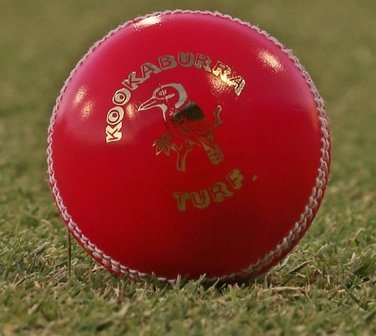Performance power
As you hit your straps with running, most joggers begin to ponder the benefits of nutrition and hydration. Are there certain foods, drinks or supplements you should be taking to improve your endurance or enhance your performance?
Advanced sports dietitian Clare Wood says for a recreational runner, a protein supplement is not necessary.
“The most important aspect is timing, ensuring you are consuming a protein/carbohydrate drink or meal as soon as possible after your run to aid recovery,” she says.
“The perfect high protein supplement that satisfies these needs is milk.”
Alex Dreyer, nutritionist and dietitian from The Running Centre, says the two most accessible and useful supplements for performance are caffeine and nitrate drinks such as concentrated beetroot juice.
“Caffeine has a wide range of benefits ranging from improved endurance performance, to improved refuelling in muscles,” he says.
If your goal is to lose weight, he says adding in a source of calories is probably not the best option.
“If your goal is to increase your training further, or to boost speed or endurance-based performance, protein supplements may be used as a recovery aid,” he says.
“Quality branched-chain amino acid (BCAA) supplements contain a small, potent blend of specific proteins which can limit the amount of damage done to your muscles during intense exercise, or improve the recovery of these muscles.”
He says the established methods of massage, using compression garments and cold-water immersion are well recognised in recovery.
“Most supplements are still being researched and are a work in progress,” he says.
On the other hand, sport drinks can be a great help for hydrating and fuelling a run, or as part of recovery. Several studies, including one by the Australian Institute of Sport, demonstrate that sports drinks improve fluid intake. The study also demonstrated better fluid balance with a sports drink compared with water. It says to opt for drinks that have 4-8 per cent carbohydrate, 10-20 mmol/L sodium, and taste good.
“What a recreational runner needs to be aware of is how challenging their run is,” Ms Wood says.
“A moderate-paced run for one hour for a 65kg person might burn about 1000kJ, while a standard 600ml sports drink contains 600-800kJ.”
With myriad drinks available, it helps to identify the better choices.
“Low-carbohydrate sports drinks are the best option as they are very effective at improving performance without adding in too many extra calories,” Mr Dreyer explains.
“These are usually marketed as electrolyte replacement drinks and can keep your heart rate and body temperature lower and improve endurance.”
Mr Dreyer says the higher carbohydrate sports drinks may become effective for recovery purposes if you don’t like solid food after exercise.
On a holistic note, Ms Wood says the best way to improve performance is to ensure you are getting the right balance of macronutrients and micronutrients.
“Good quality carbohydrates and protein provide energy and muscle repair after exercising,” she says.
“Micronutrients such as iron prevent fatigue, as well as zinc, vitamin C and B vitamins to boost immunity and omega-3 fatty acids to prevent inflammation from injury.
“Real food provides all of this and more.”
© The West Australian
More sport and fitness news: https://au.news.yahoo.com/thewest/lifestyle/









